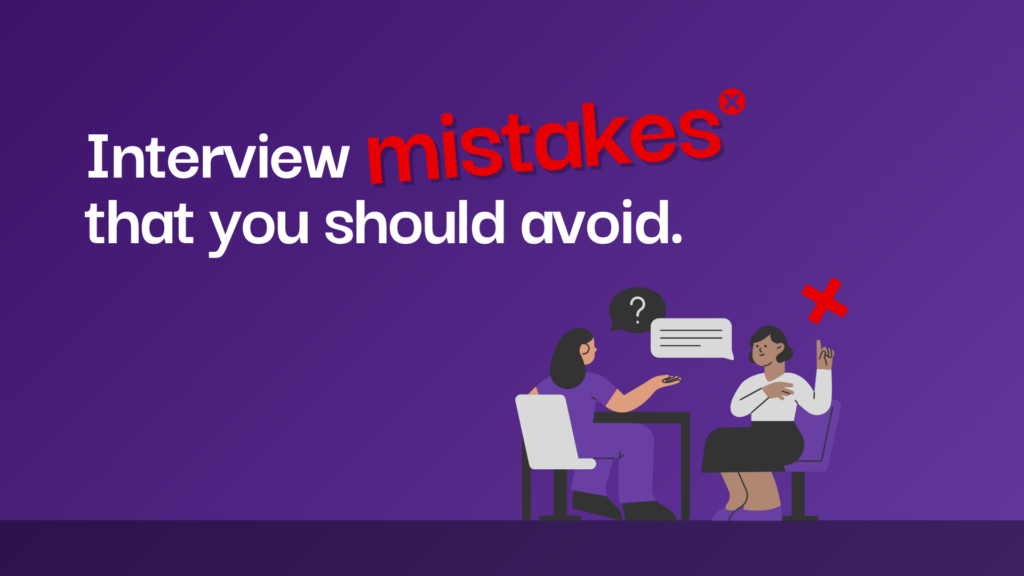Promoting yourself effectively is a vital part of career growth. Striking the right balance between confidence and humility is key to showcasing your skills and achievements without appearing boastful. Here are actionable tips to help you market yourself authentically and leave a lasting positive impression.
1. Focus on Strengths, Not Superlatives
Highlight your skills and accomplishments with specific examples rather than using exaggerated adjectives. Let your results demonstrate your expertise naturally.
Example:
Instead of saying, “I’m the best in my field,” say, “I’ve implemented strategies that increased efficiency by 20%.”
2. Emphasize Results Over Titles
Your job title is important, but measurable achievements are what truly illustrate your impact. Share the outcomes of your work to underscore your contribution to career growth
Tips:
- Use data like percentages, revenue growth, or time saved.
- Share the context and story behind the numbers to make them relatable.
3. Share Credit to Build Credibility
Recognizing others’ contributions reflects humility and teamwork, making your success more believable and relatable.
Example:
“Our team’s collaboration during the campaign led to a 30% increase in engagement.”
4. Tailor Your Message to the Audience
Customize how you present your achievements based on your audience’s interests and challenges. This approach ensures relevance and impact.
Questions to Ask Yourself:
- What does my audience value most?
- How do my skills or experiences align with their needs?
5. Highlight Personal Growth
Authenticity is key to career growth. Share how you’ve evolved and overcome challenges, showing a commitment to continuous improvement.
Example:
“I initially struggled with public speaking, but after consistent practice and feedback, I’ve confidently delivered presentations to audiences of over 500 people.”
6. Practice Active Listening
Effective self-promotion involves more than talking. Listening to others helps you build meaningful connections and demonstrate genuine interest.
How to Do This:
- Ask thoughtful questions about others’ experiences.
- Share insights or solutions based on their needs.
7. Let Others Speak for You
Third-party endorsements like testimonials and recommendations can amplify your credibility.
Actionable Step:
Ask mentors, colleagues, or clients for LinkedIn recommendations that highlight your key strengths.
8. Stay Authentic and Genuine
People value authenticity. Avoid overusing jargon or buzzwords, and let your true self shine through.
Tip:
Craft a personal branding statement that reflects your values, skills, and career aspirations.
9. Balance “We” and “I” Statements
Demonstrating teamwork while owning individual contributions shows both collaboration and capability.
Example:
“In my previous role, we launched a product that exceeded sales targets by 25% within three months.”
10. Own Your Success with Gratitude
Celebrate your achievements with confidence and humility, acknowledging the people and opportunities that contributed to your journey.
Example:
“I’m proud of my accomplishments and grateful for the support and mentorship that helped me achieve them.”
Pathway to Career Growth
Mastering the art of self-promotion is a key step toward career growth. By focusing on results, sharing credit, and staying authentic, you can build a personal brand that resonates with others.
Remember, self-promotion isn’t about boasting—it’s about effectively communicating your value and contributions. With a genuine approach and consistent practice, you can confidently showcase your strengths, foster meaningful connections, and unlock new opportunities for career growth.

